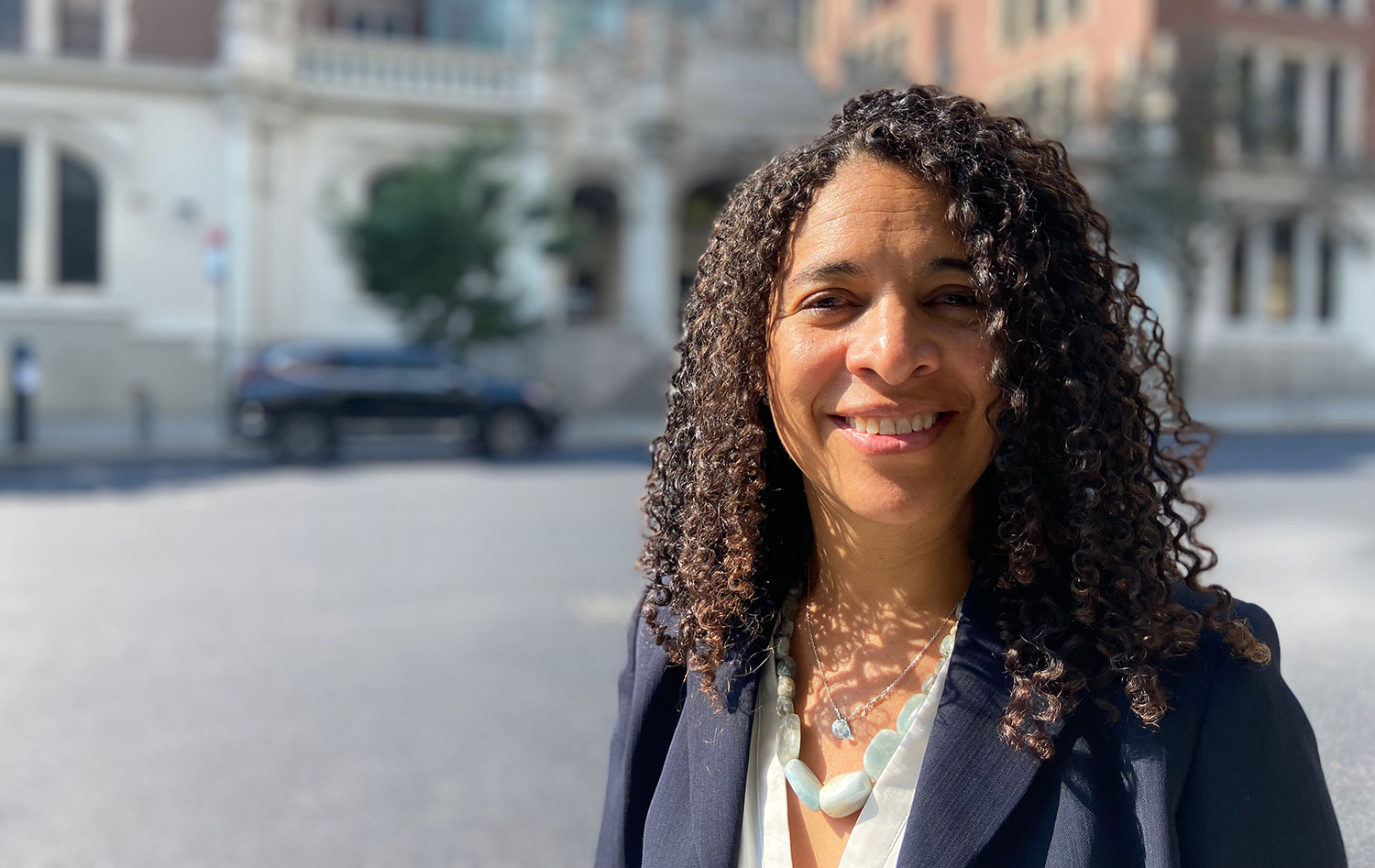
Our “Research on the Rise” series showcases impactful and noteworthy research by John Jay faculty, students, and alumni.
Lissette Delgado-Cruzata, Ph.D., associate professor of molecular biology and Fulbright scholar, has been researching breast cancer health outcomes and disparities for Brown and Black Brazilian women in collaboration with Brazil’s National Cancer Institute. “For over 10 years I’ve focused my research on breast cancer, looking at who’s at higher risk of developing the disease,” explains Delgado-Cruzata. “We don’t know enough about what’s happening with Latin-American women and breast cancer. That's why I developed these breast cancer research projects, one funded by Fulbright in Brazil, and one funded by the National Institutes of Health.”
In the U.S., Latinas have a lower incidence of breast cancer than other groups, but, Delgado-Cruzata notes, are more likely to die from this disease. “I want to answer why this is happening,” she says. “The Fulbright afforded me an incredible opportunity to design my own study to help start answering this question. I’m very excited to continue working on my research at John Jay and to get students engaged in the process.”
Why is it important to study breast cancer in Brown and Black women?
The goal is to look at what’s going on with Latinas and other women of mixed ancestry. One thing that was very important for me—and hadn’t been done before in studies in Brazil—was to incorporate genetic ancestry into the analysis. Latinas are not a homogeneous group. Many of the Latinas living in California migrated from Central America and have a very high ancestry that is indigenous. A large portion of Latinas that live in the eastern part of the U.S. migrated from the Caribbean and South America, and have a lot of African ancestry that comes from enslaved people that were in these regions. Biologically, we know that women of African ancestry tend to have a different type of breast cancer that’s more aggressive and fatal. It’s basically the worst type of breast cancer.
Why is this cancer the “worst type” of breast cancer?
This type of breast cancer is called triple-negative breast cancer. It’s more aggressive and more prevalent in women with African ancestry, and it’s much harder to treat than other types of breast cancer. We have a lot of drugs for other types of breast cancer, but not triple-negative. The molecular characteristics make it difficult to develop a cure, and it’s not studied as much as other breast cancers. By looking at the genetic ancestry data and the epigenetic markers associated with it, I believe we can start to understand what puts a woman at higher risk for this more aggressive form of breast cancer.
In Brazil, we're seeing an alarming increase of breast cancer in younger women. The numbers are really striking, we’re talking about women in their 20s and 30s who, in the past, we’d never think about suggesting a mammogram. That’s why I’m extending my project to focus on younger women.
How are John Jay students contributing to your research?
Our students are very interested in health disparities. If I tell them that one group of people—often times Hispanic or Black populations—have higher rates or worse outcomes of a disease, they’re extremely interested in figuring out why it’s happening. This passion is directly related to their justice-focused studies and desire to create a society that cares about everyone. Right now, I have two students—Brianna Jenkins and Jhoanna Dias—working with me on this project. They’re working on the analysis of ancestry from women who had breast cancer. They’re both presenting their research at the American Biomedical Research Conference for Minoritized Scientists in November.



